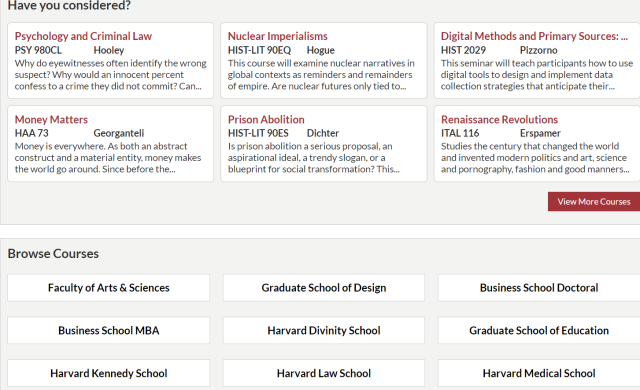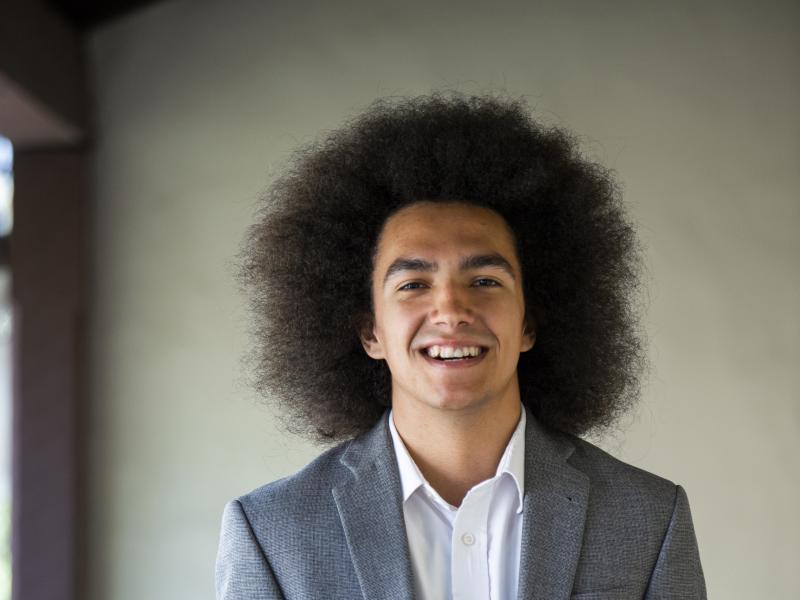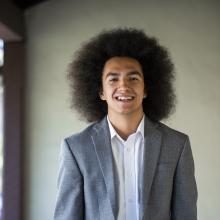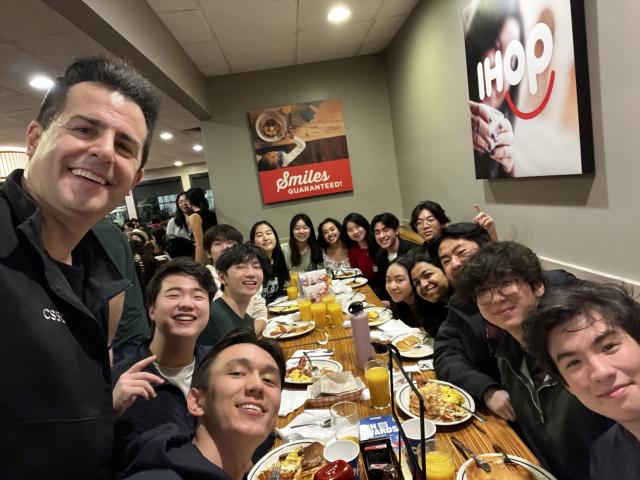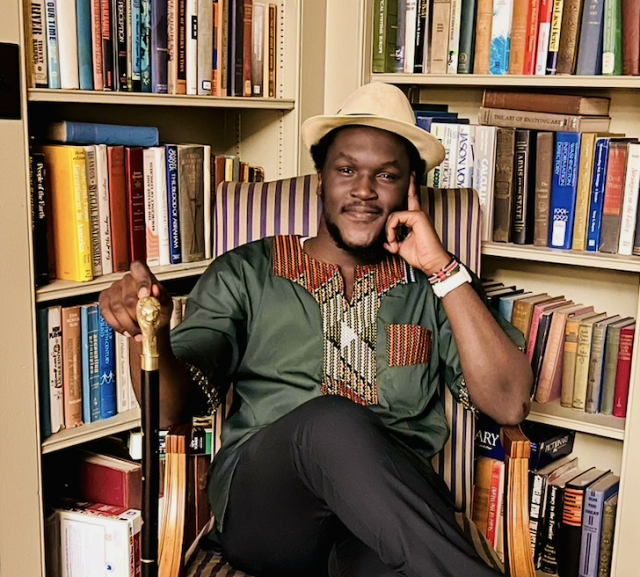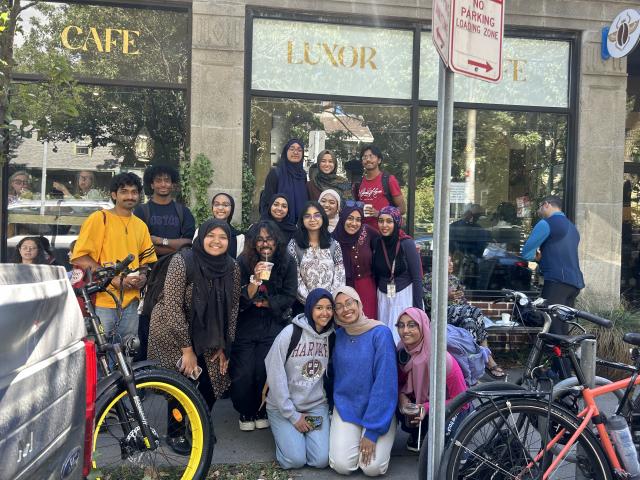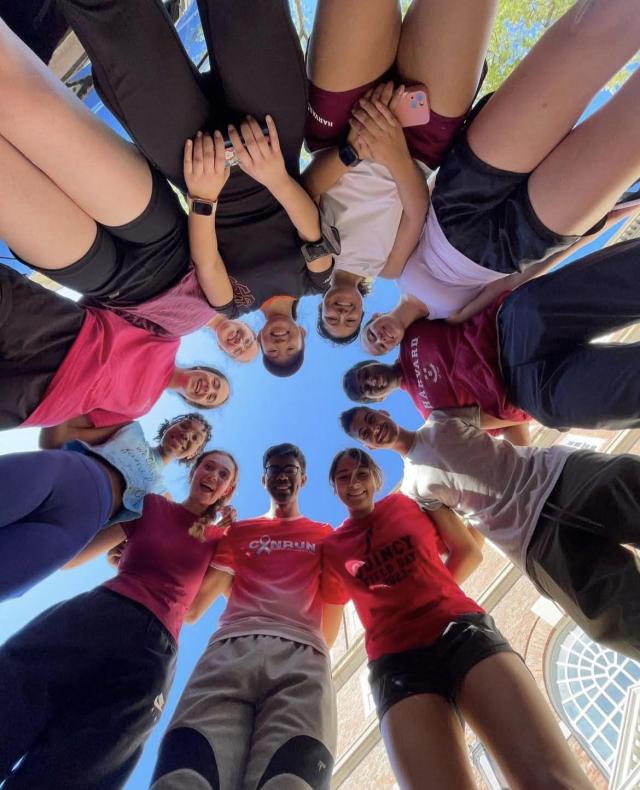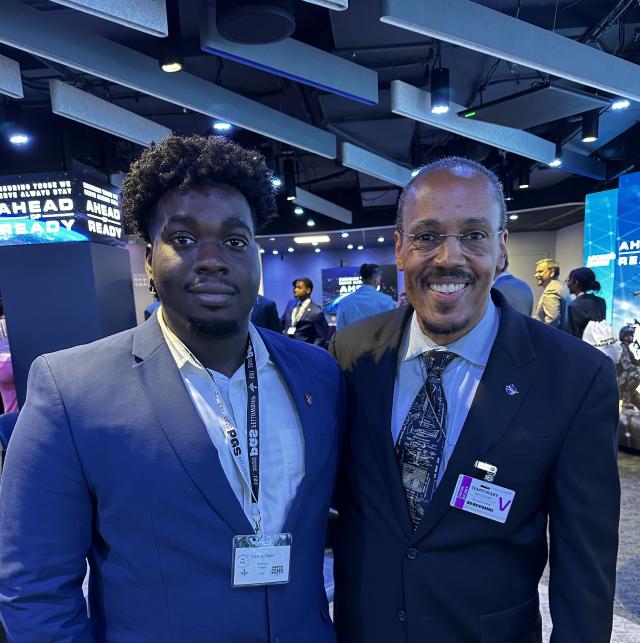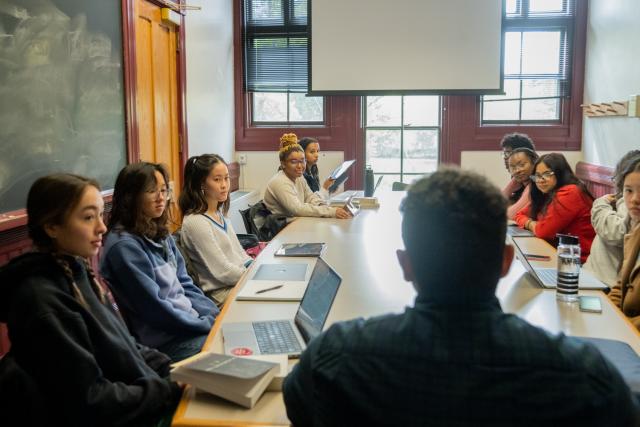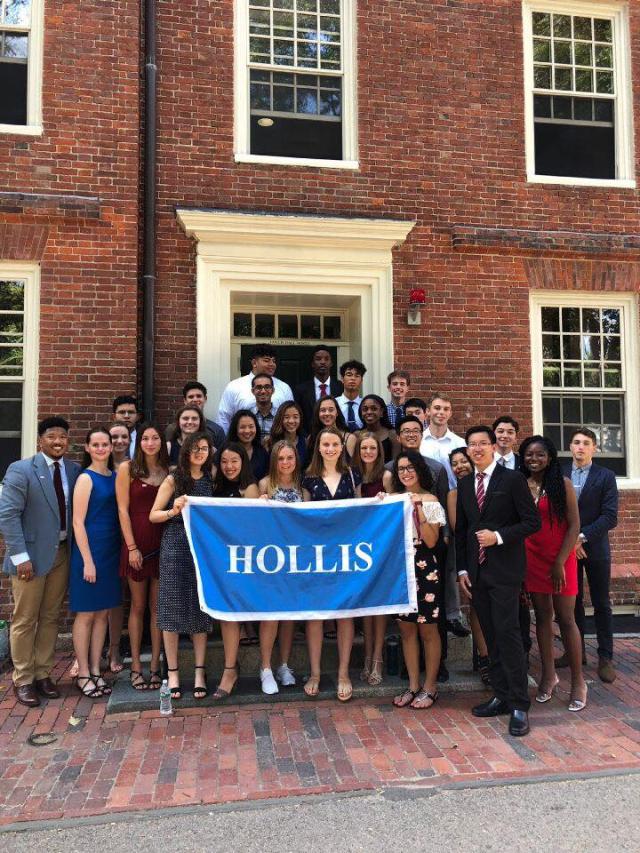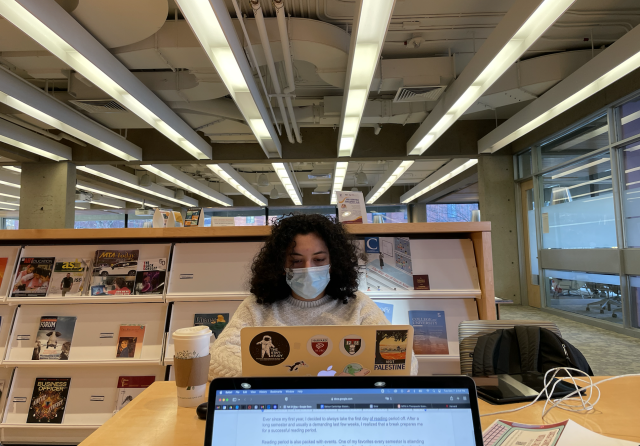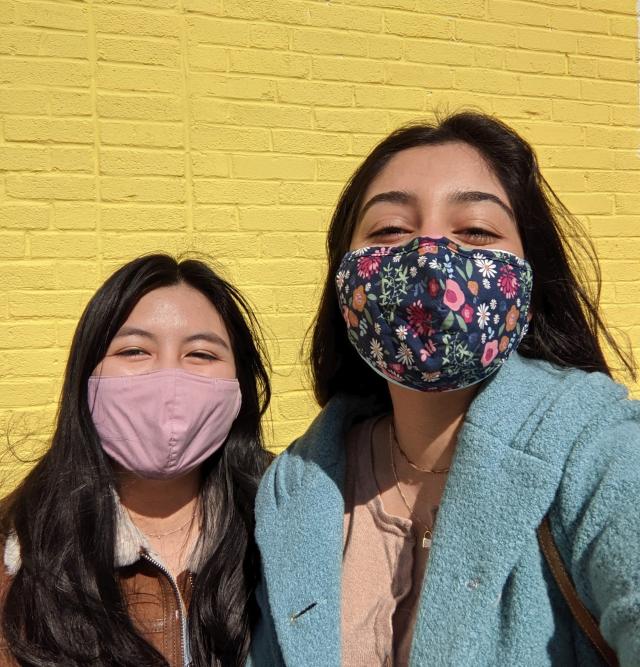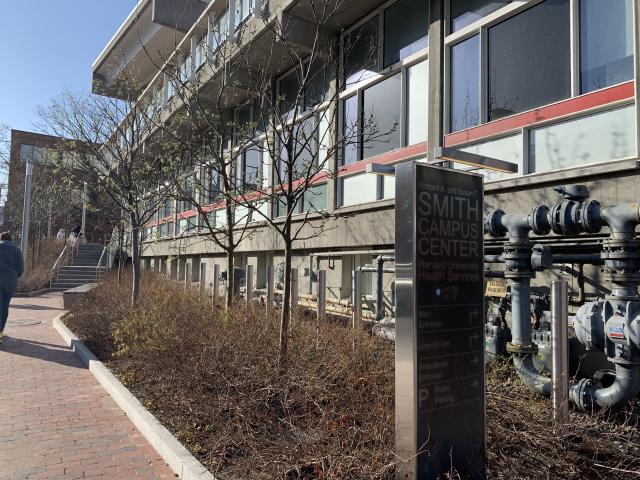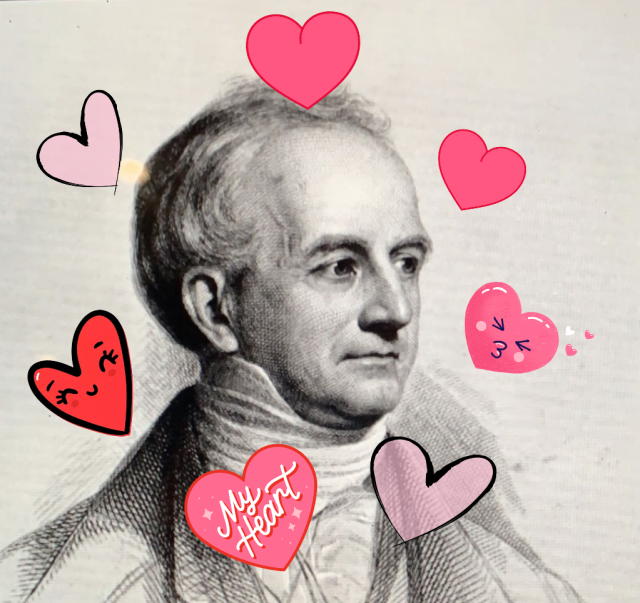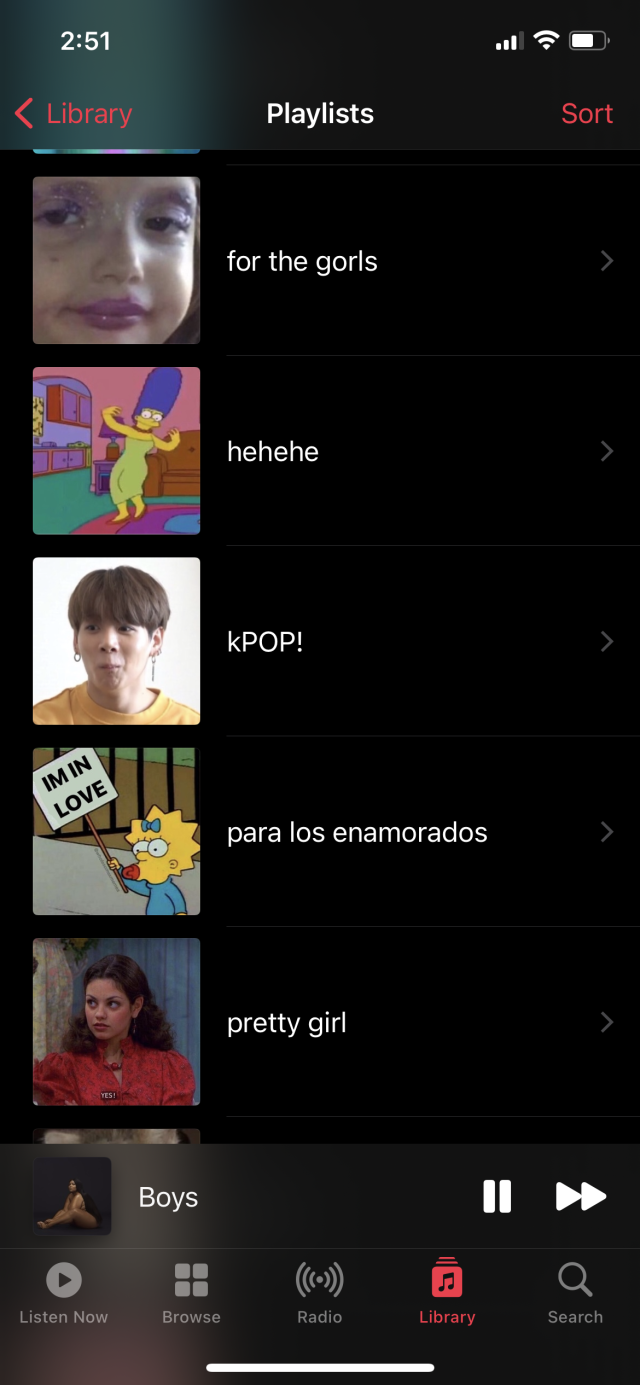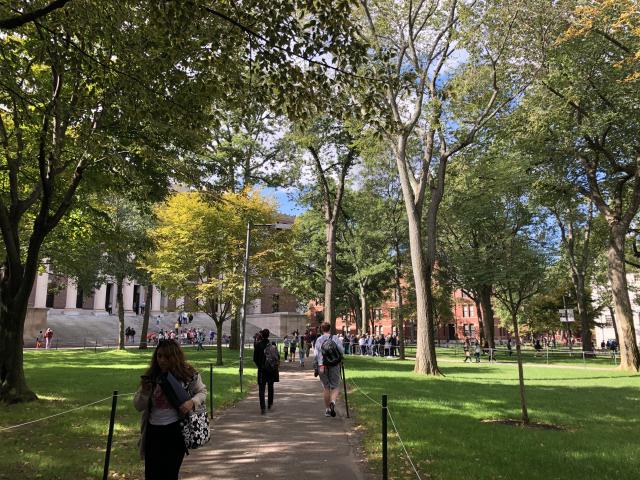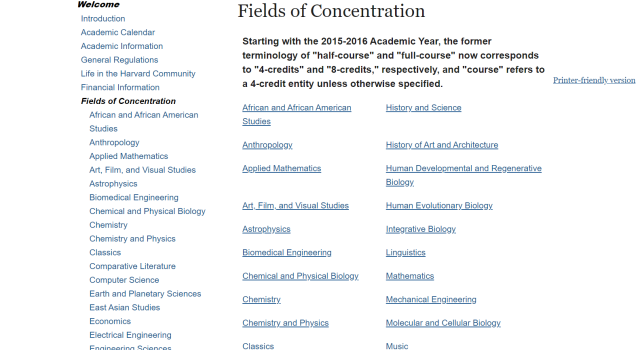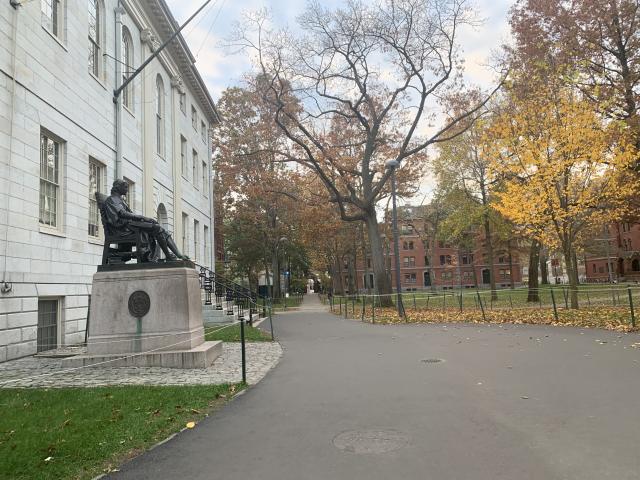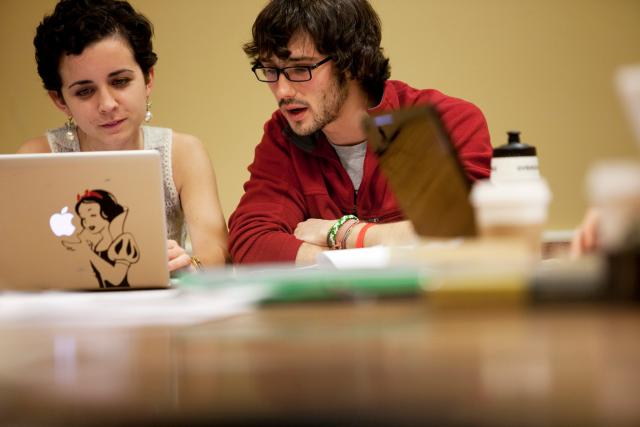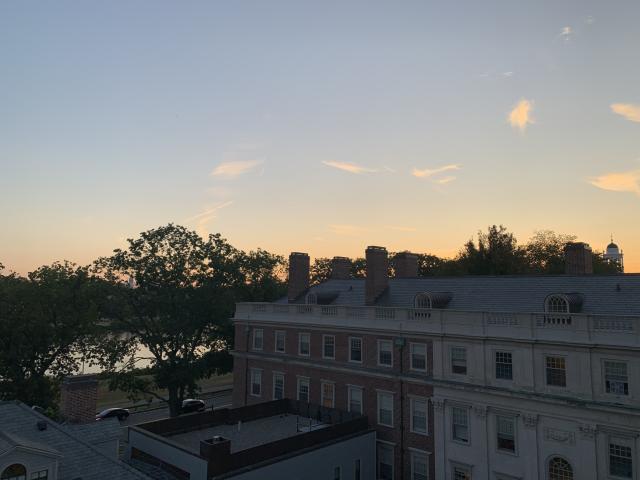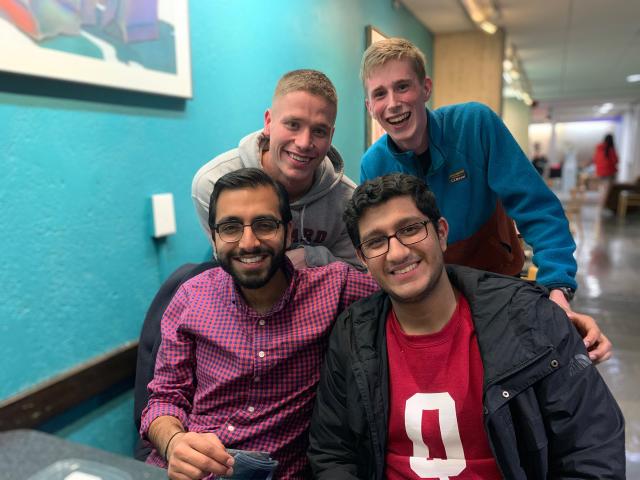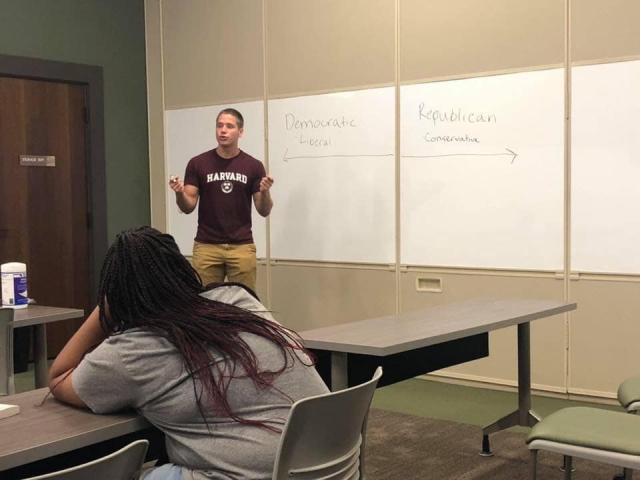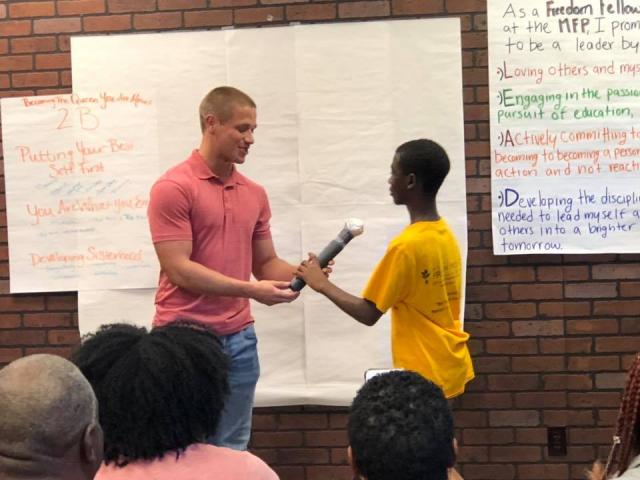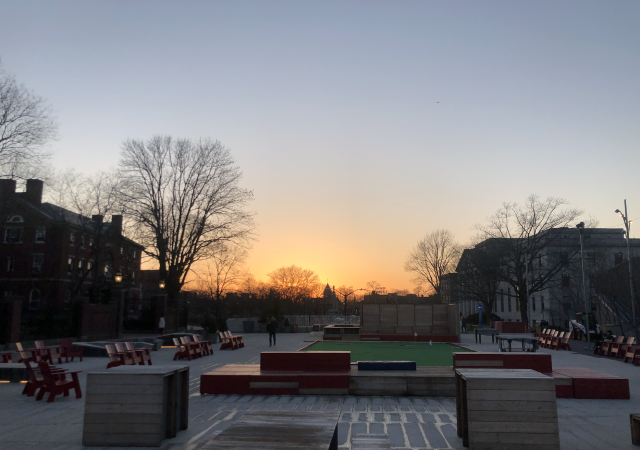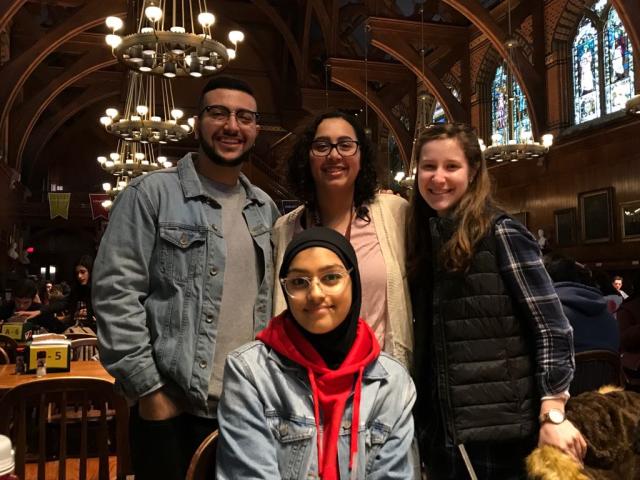While I knew that Harvard had a reputation for academic excellence, a major concern I had before beginning my classes in my first year was whether I would actually enjoy my courses while at Harvard.
Now in my second-to-last semester (a scary thought), I’ve had the privilege of enrolling in 28 courses at Harvard so far. While many of those courses have been in my area of study, I’ve also tried to take courses simply because they seemed interesting, even if they weren’t directly contributing to my graduation requirements. Perhaps because of this, I can honestly say that I haven’t taken a single course at the college that I actively disliked. While I certainly enjoyed some courses more than others, I’m happy with all the classes that I have taken and would even go so far as to say that I loved taking a great many of my courses. This blog contains a short list of some of my favorite classes to date and what made the classes so enjoyable for me.
Gov 1199/Post-Soviet Conflict: My Favorite Concentration Course
In addition to being one of my favorite courses, Gov 1199 is also one of the most unique courses that I have ever taken. Taught by Arvid Bell, the Director of the Negotiation Task Force at the Davis Center for Russian and Eurasian Studies, this course essentially had two purposes: the first was to learn the “Harvard Method” for being a principled negotiator. The second was to then apply this method to three increasingly complex negotiation simulations modeled after real-world talks that have occurred in the post-Soviet space. While familiarity with and an interest in the post-Soviet space was what originally drew me to the course, an understanding of the region was not a pre-requisite for the class.
During our simulations (which took place on three Saturdays over the semester), each student acted as a pre-assigned actor with very specific interests, goals, and limitations as to what they were willing to give up or agree to. These simulations varied in the number of parties involved, the type of negotiation (a US delegation meeting with a Russia delegation to discuss bilateral arms reductions versus a multi-party discussion regarding the sovereignty and international status of breakaway regions in Ukraine or Georgia), and the feasibility for agreement. While it involved a bit of preparation, I found the simulations extremely interesting, challenging, and fun! It helped internalize the negotiation skills we had learned at the start of the course while also demonstrating the complexities of international agreements.
A final reason I loved this course was Arvid’s accessibility. He offered coffee chats throughout the semester to speak to him about anything (course related or not), and even took me to Tatte (a local bakery/cafe) after randomly running into me on the street a semester after I took his course. I am still in touch with Arvid today and enjoy meeting up with him to chat and pick his brain on current world events.
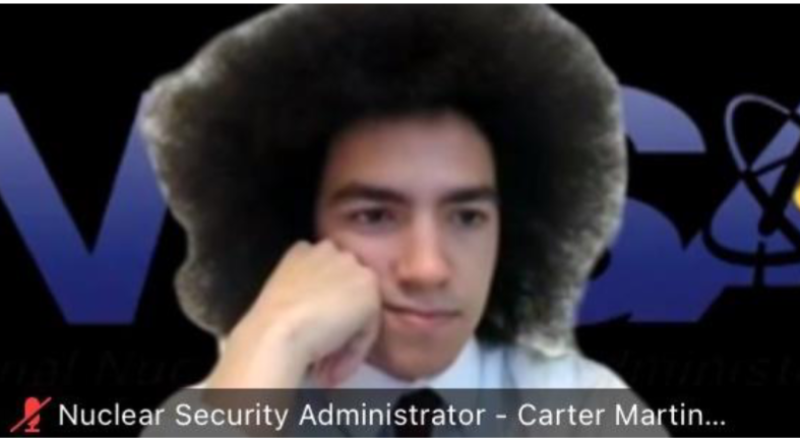
Negotiation Simulation
My professor used this image to talk about the “listening” that happened during our second negotiation. I was listening to an impassioned speech from one of the Russian energy scientists who had been speaking for a while... Arvid Bell
Slavic 118/War and Peace: My Favorite “True Elective” Course
Even though I haven’t finished the class yet, Slavic 118 has shaped up to be one of my most enjoyable classes yet. As indicated by the title, the entirety of this course centers around Leo Tolstoy’s monumental work War and Peace. Prior to our weekly meeting with Professor Julie Buckler, we all read ~100 pages of the book, consider some advanced reading questions, and watch a portion of the 9-hour Soviet-era film based on the book. Then, in class, we share our favorite moments, discuss central themes or episodes, hear mini lectures from Professor Buckler about key history and ideas, and generally appreciate the wonderful and rich writing.
There are two main reasons why I enjoy this class so much. The first is because I love reading War and Peace! Despite being a daunting book to look at, I have found the readability, humor, and writing style captivating. I often find myself being forced to put the book down to work on assignments for my other courses, rather than getting tired or bored of the book. The second reason I love this course is because it truly feels like a no-pressure, intro-to-the-humanities class. The classroom discussions are an opt-in format (no cold calling for us!), we often do pair-and-share or group activities so that you have a chance to learn from and generate ideas with your classmates, and the final project has a broad, up-for-interpretation prompt that even allows students to pursue a “creative project” rather than a traditional term paper. For anyone even vaguely interested in Russian literature, Tolstoy, or just reading, I highly recommend this course.
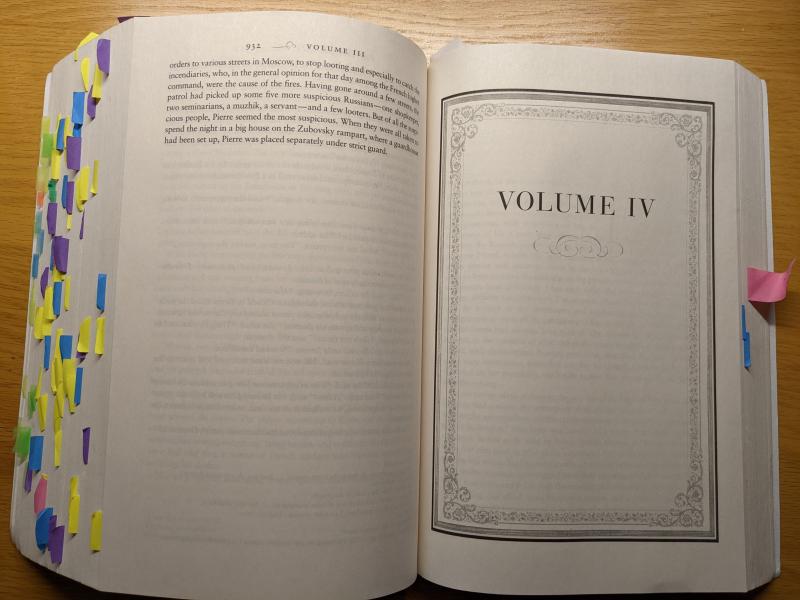
War and Peace
War and Peace is a daunting 1,225 pages, so reading it with a set schedule and the assistance of a college professor was a great way to do a first read through. Carter Martindale
E-PSCI 10/A Brief History of the Earth: My Favorite “because it’s a requirement” Course
As mentioned before, I am truly someone who “peaked in high school” when it comes to the natural sciences. AP Physics pushed me quite a bit in high school, and I was not particularly excited about taking a course in the “Science and Engineering and Applied Science” field for my divisional distribution requirement. Luckily, after combing through the q-guide (Harvard’s course rating system that is based entirely on responses from students who have taken the course), I found a course that seemed accessible and was rated very highly. It was titled “A Brief History of the Earth,” and did not have any prerequisites, and even indicated on the course website that it was accessible to students who were just looking to fulfill their distribution requirement. It only took me about two weeks of the course to realize that I had lucked out and was going to love this class.
While the material was explained well, was applicable to current events (such as discussions of the geological signs of global warming), and, thankfully, not excessively dense, the true reason I loved this course was for the teaching staff. Three weeks into the class, one of the professors, Jerry Mitrovica, indicated that there would be an opportunity for pizza to anyone who came to an optional study session. Intrigued (both because I love pizza and because the course was taught over Zoom, so I really had no idea how we would get pizza), I showed up to the study session, and was told that anyone who was interested could drop their address in the chat and would then get a pizza delivered to them. Faster than you can say “E-PSCI 10” I typed my address, sent it, and to my shock was the only one to do so! Five minutes later I received a DM from Jerry asking what type of pizza I wanted and when the ideal time to get a delivery would be. One hour later I went to my door and found two large pizzas waiting for me, courtesy of Jerry. I think I’ll always remember this story because it was truly just an act of kindness on Jerry’s part. I am still in touch with Jerry, and even though his area of focus is not at all aligned with what I am interested in-- he is still a great mentor and a hilarious person to talk to.
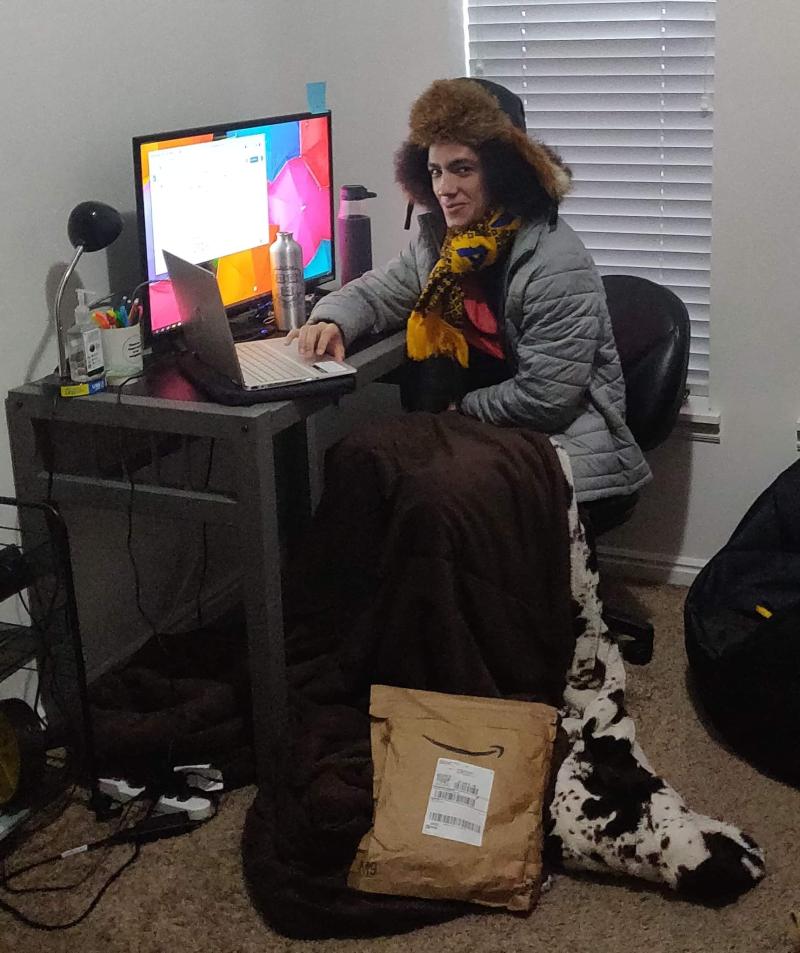
Zoom Shenanigans
Jerry was nice enough to let me “zoom-bomb” his class as part of a competition within Quincy House. This, along with an extravagant Tiger-King themed background, was my go-to outfit. Noah Jones
General Education Classes: Whoops, all bangers
As I was trying to think of one final course to highlight, I thought about the general education courses that I have taken while here and truly couldn’t decide on which one has been my favorite. While I’ll spare you the task of reading more of my writing by only including two examples of why I liked my general education classes, know that I have enjoyed every one that I have taken.
My first-year spring a general education course I took was called “Ballots and Bibles,” and it was a class focused on the history of political incorporation of religious scripture in America. As someone incredibly interested in the intersection of religion and politics, this course’s focus was right up my alley. Thankfully, the material was also presented in a wonderful way, with David Holland (the professor) being an incredible orator/speaker and very willing to meet outside of class to answer any additional questions. A final perk of this course was that David is actually a member of my faith, something that is hard to come by as a religious minority on Harvard’s campus. Getting to learn from and speak with someone who understood a large portion of my background was wonderful and helped me feel more at home here at Harvard.
My sophomore year, taking classes virtually, I got a spot in Gened 1051 – “Logic as a Force for Good”. While I had never taken a philosophy course or a course on formal logic, this class was marketed as an intro course for people interested in the subject (you might have already noticed a theme that I have taken a lot of these “intro” courses while here – that is because I am a huge believer in taking courses because they seem interesting, even if you aren’t studying that subject). I ended up loving this class for two main reasons. First, I just felt smarter after taking the course. Learning to think through arguments logically, debating on the purpose and ethics of debate, and breaking down famous arguments by public figures was incredibly helpful in sharpening my critical thinking skills. Second, the class was genuinely fun. Ned Hall was a great teacher, most of the lessons contained at least one or two “logic games” as a warmup, and I even won a board game from an in-class activity that led to many a game night with my roommates.
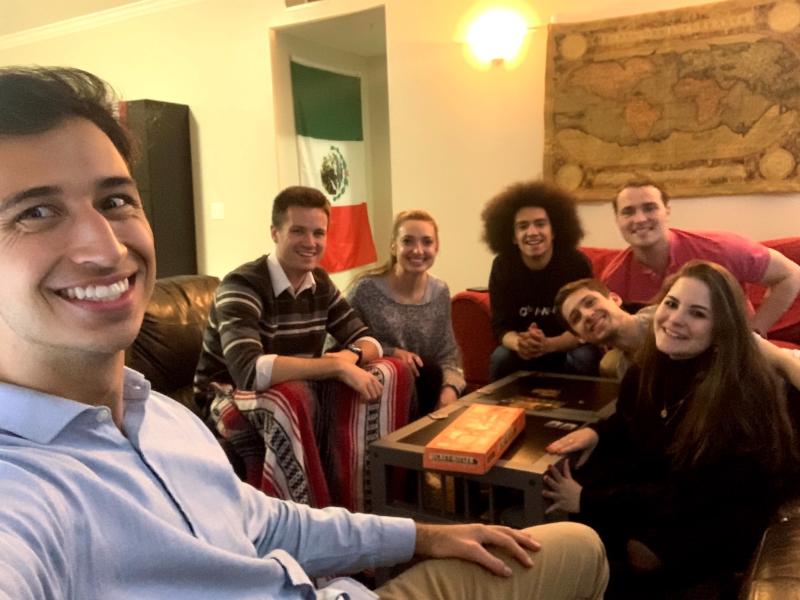
Game Nights
While we regularly had game nights with other Harvard students in the area, the addition of the game from my logic professor (Avalon) was a hit that kept us talking for hours and hours. Alejandro Jimenez
So, is every class my favorite class?
Well, no, not exactly. I have been incredibly fortunate to enjoy all the classes that I have taken while at Harvard and can even go so far as to say I miss some of them now that they are over. That being said, I don’t want to give the idea that anyone attending will love every class that they take. Unfortunately, that’s just not true. Sometimes the material might be extremely difficult; sometimes, you might have to take a class for your concentration requirements that you really aren’t that interested in. But I believe that the teaching staff and the structure of graduation requirements at Harvard create a space where everyone can take at least a few classes that they are passionate about and will look back on happily.

